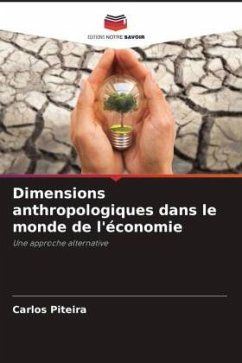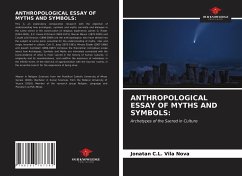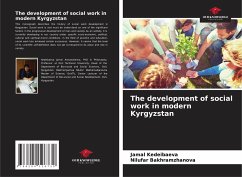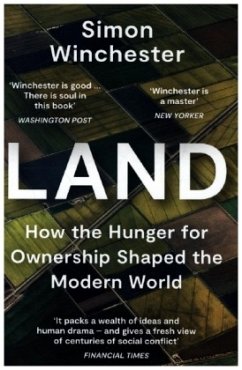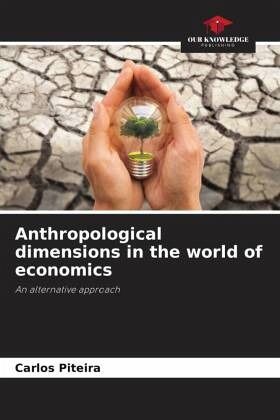
Anthropological dimensions in the world of economics
An alternative approach
Versandkostenfrei!
Versandfertig in 6-10 Tagen
51,99 €
inkl. MwSt.

PAYBACK Punkte
26 °P sammeln!
The face of economic rationality hides the fact that there is no rationality as such, since economic systems reproduce and disappear in the course of history, meaning that there is no permanent rationality as such. The task of discovering and reconstructing the modes of production of the economy through thought is undoubtedly one of the reasons for Economic Anthropology. This task requires knowledge of societies over time and their spatial location, which is therefore diverse and volatile, and not very rational from the point of view of standardisation. Economic Anthropology is therefore a bra...
The face of economic rationality hides the fact that there is no rationality as such, since economic systems reproduce and disappear in the course of history, meaning that there is no permanent rationality as such. The task of discovering and reconstructing the modes of production of the economy through thought is undoubtedly one of the reasons for Economic Anthropology. This task requires knowledge of societies over time and their spatial location, which is therefore diverse and volatile, and not very rational from the point of view of standardisation. Economic Anthropology is therefore a branch of anthropology that studies, analyses and interprets the functioning and evolution of economic systems in their relationship with social and cultural systems, making it one of the most dynamic and controversial areas of contemporary anthropology. The controversy has only just begun, since we are still wondering about its very definition, field of approach, concepts and epistemology. Allcontributions are welcome, and this work is nothing more than an unfinished reflection in the hope that its readers will continue it.



